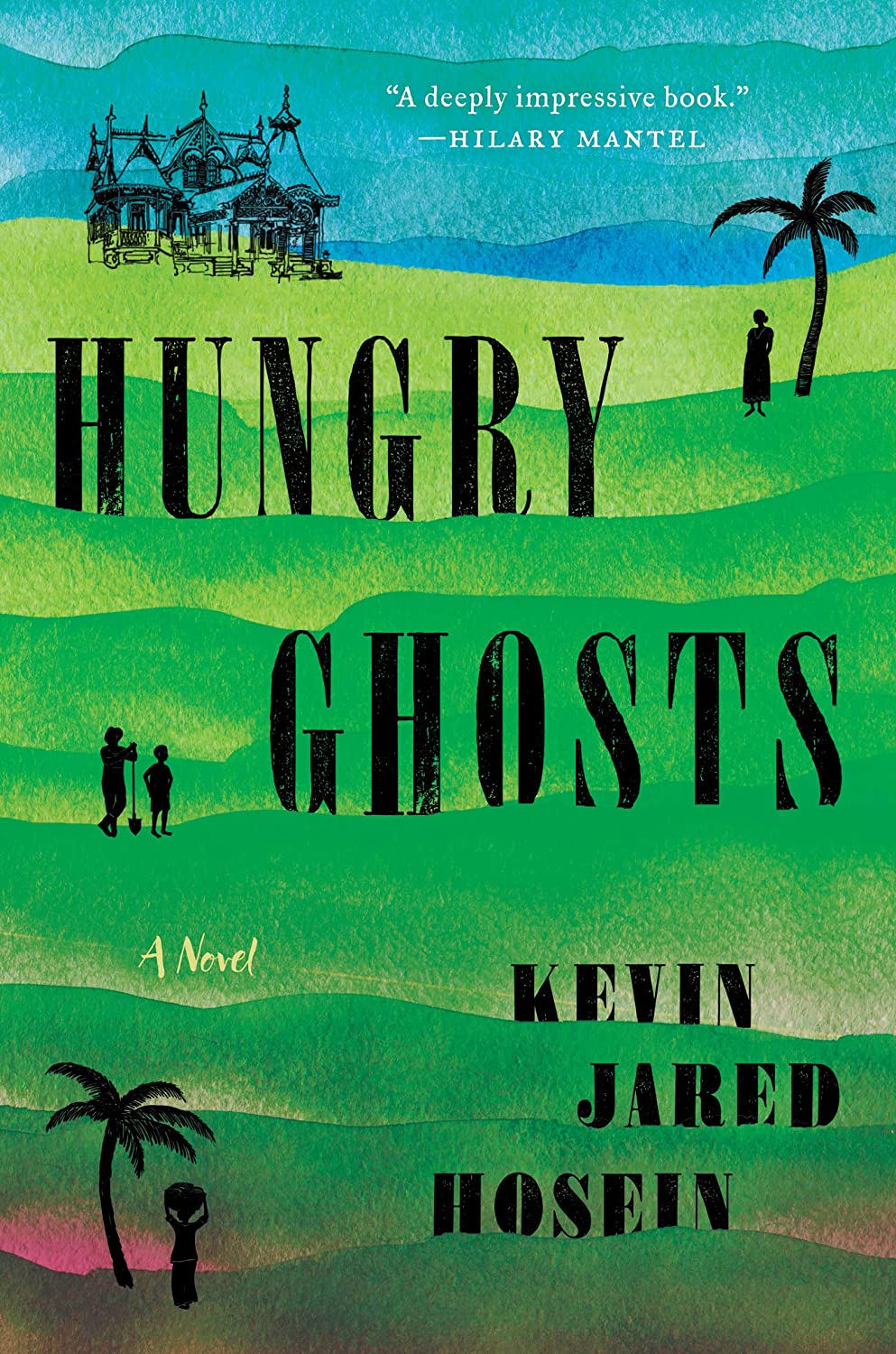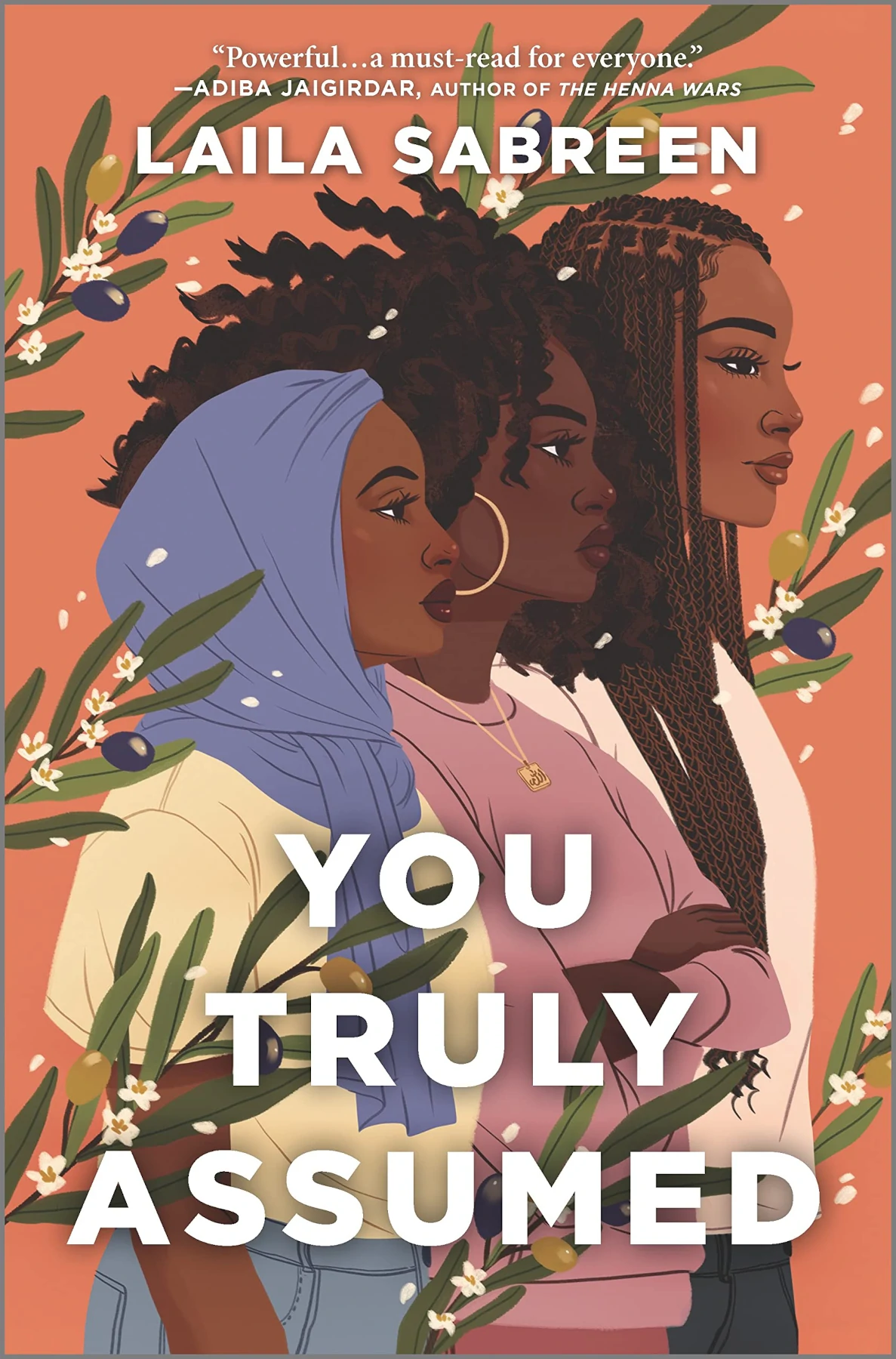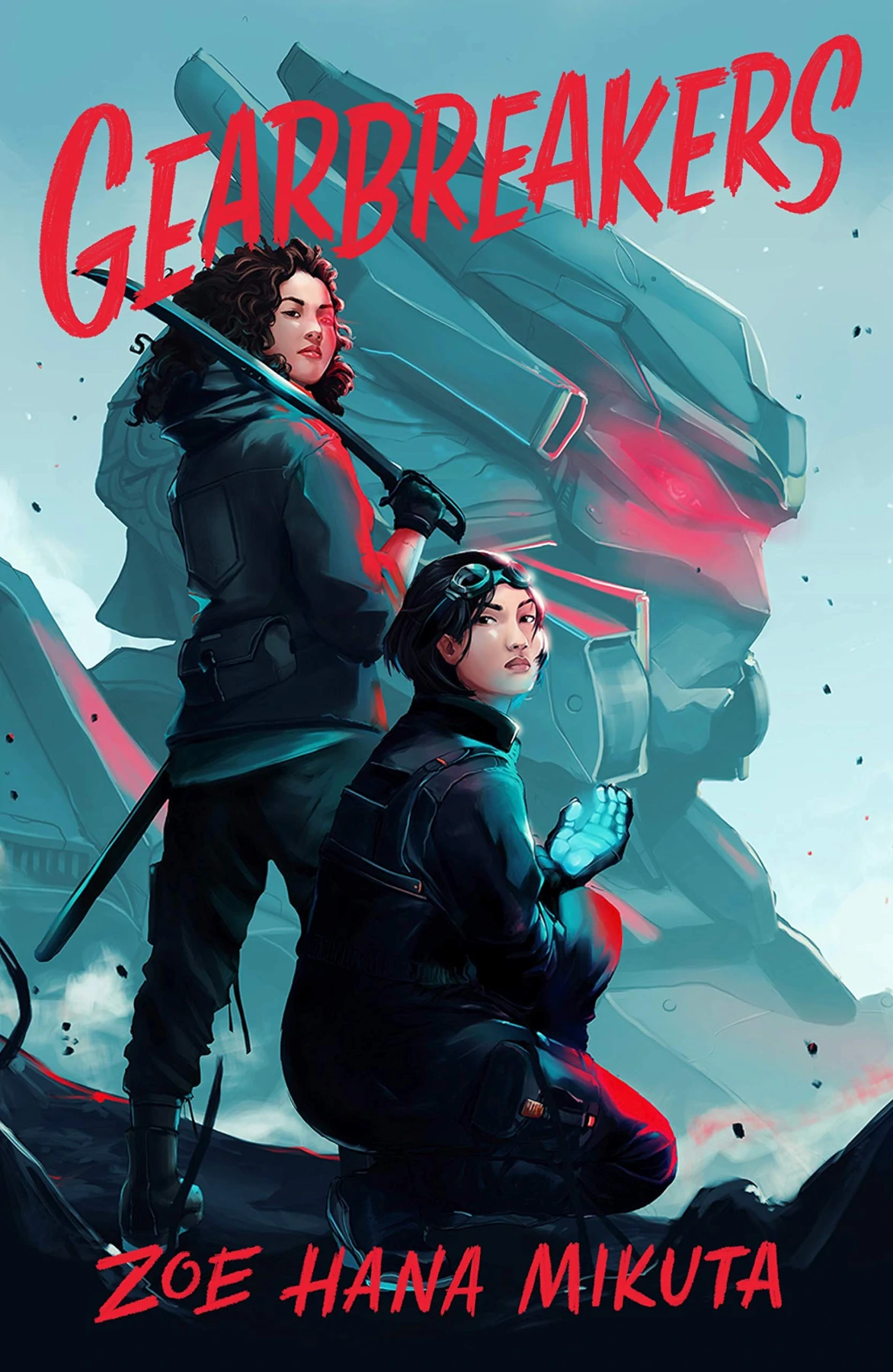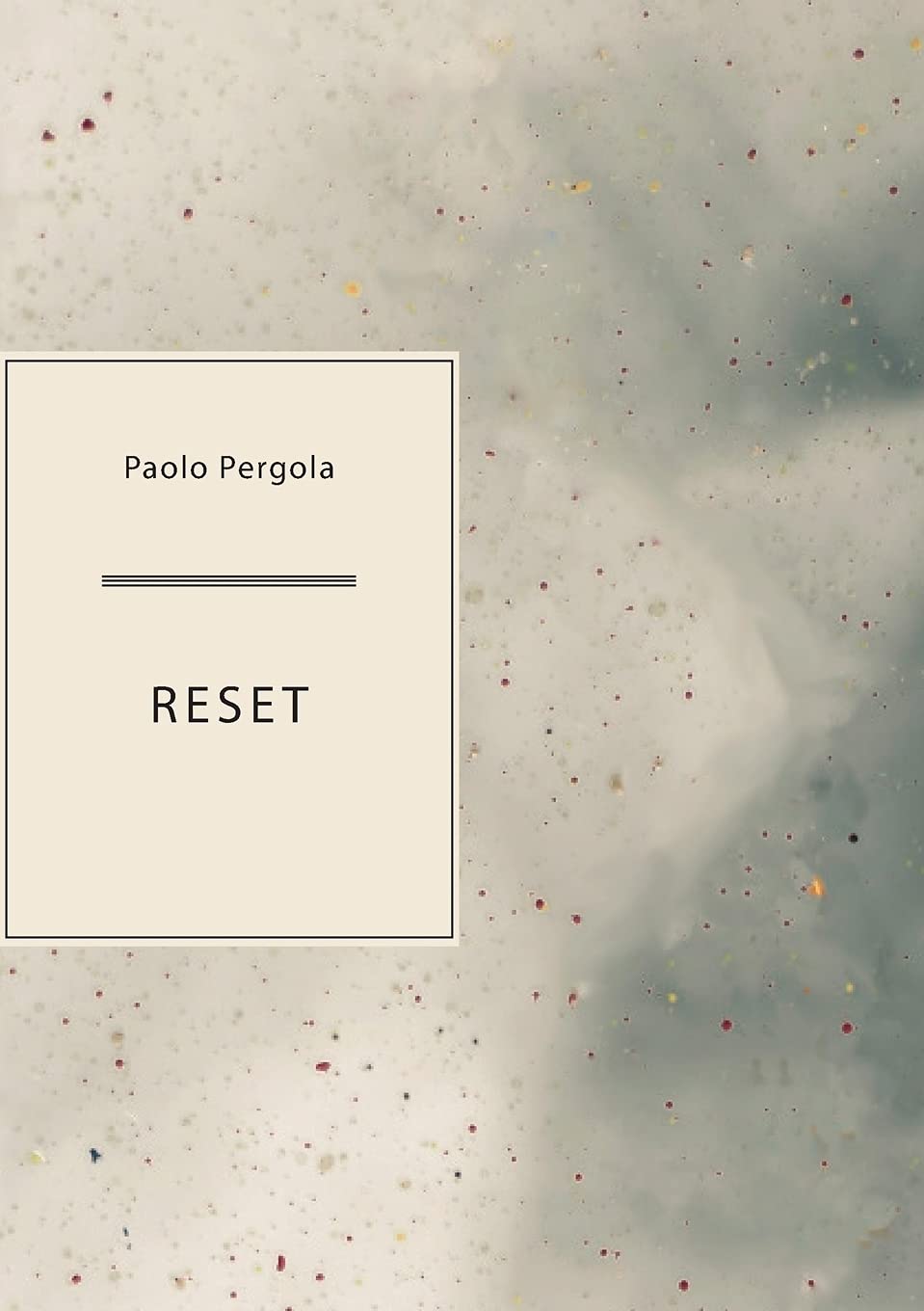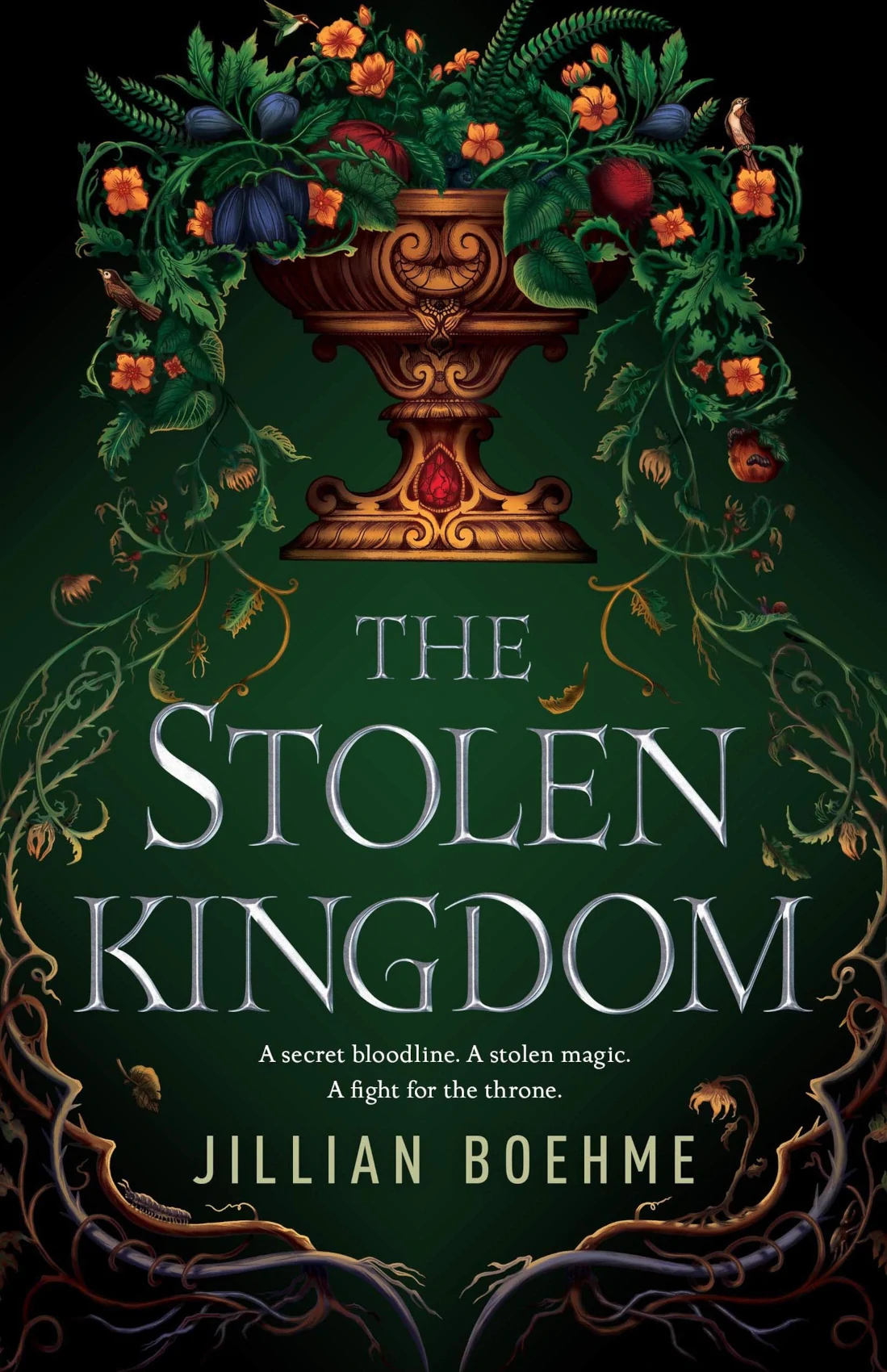Nico doesn’t know that Daddy’s dead, only that he’s been gone a lot longer than he should have been. Mama says maybe the boat found more scallops than there normally are this early in the season, and maybe he decided to see how many he could catch in one go. But Daddy’s never fished more than two weeks at a time, and tomorrow morning makes three since he left. I know he’s gone for good this time, but I don’t say this to my brother.
Nico runs down the beach in nothing but his swim trunks, wire bucket in his hand. It’s October and the water’s barely warm enough for swimming, but Mama asked me to get some quahogs today since the weather’s so nice. They bury down deep in the sand and you have to get out past your waist to find the big-bellied ones, and I hate the feeling of eelgrass on my feet so I told Nico he had to do it. I say it’s a game and that if he fills the peck basket in under an hour then I’ll make us hot dogs for dinner. They’re his favorite.
Mama’s been working overnight shifts at the diner this week, on account of Daddy’s trip being prolonged. That’s what she calls it, prolonged. She says it’s running longer than it should but it’ll be over soon, that he can’t call to say good night since he’s working hard to find fish like most of the other dads on our island. Thing is, most of those dads have already come in and gone back, unloading their catch and spending a night at home like our own father was supposed to. I know Mama’s worried ’cause she’s been talking in her sleep again. Real words but also sounds like she’s crying and doesn’t want anyone to hear. I stay quiet when I do, until the house is still and the only sound is my brother breathing in the bed next to mine. He sleeps through everything, which makes it easy to protect him.
“I found three, Mari!” Nico yells from the water. Daddy always goes quahogging when he’s home, so I think he’d be okay with me making Nico do it now. I give him two thumbs up and watch the horizon, looking for boats coming back from the edge of the world. I stay still and wait for something to change, but the wind is steady from the southwest and I get itchy from the spray. I decide to walk down toward the end of North Cove, knowing Nico will be fine without me for a few minutes.
The beach is lined with new houses, the kind owned by people who live in Boston and only come for a few weeks in the summer. Skukes, we call them behind their backs. Each June they come down in droves and pluck shells and sea glass from the surf, burn midnight bonfires. They shop at the outlet mall; they don’t go to church on Sundays. I remember when I was little and there were only a few of these houses lining the shore and now there’s so many that they look like a wall, long and high. I’ve made friends with a few of the kids, but they’ve never asked me up to see the inside. They make me feel like I don’t belong when really it’s the other way around. Mama says the houses are up on posts so that the hurricanes don’t wash them away; Daddy says it’s because the people that own them think they’re above us; I think they’re both right.
The wind’s picking up and I untie Mama’s pink sweatshirt from around my waist as I turn back. It’s the one Daddy bought her when we went to Cuttyhunk last spring. It smells like her perfume, all powdery and clean, and I lift the edge of one sleeve to my nose so I can find her better. Mama says that even when you don’t have nice things, you should still try to make it look like you do. That’s why she always wears perfume, even when it’s Saturday and she’s gutting bluefish for dinner. I breathe her in and walk back.
Nico’s tugging the basket behind him as he comes up the beach and I see it’s already full. He’s beaming sunshine from the round spots on his cheeks. “Make my hotdog with relish, Mari,” he shivers, and I smile because Daddy always asks Mama to do that for him. I throw a towel over him and he laughs light and quick, the quickest glimpse of our father.
“It’s really okay that we’re eating meat on a Friday?” he asks.
“I don’t think Jesus’ll mind.”
“Mama would.”
“She said it was fine,” I lie. “C’mon, storm’s coming.”
Nico runs ahead of me and beats his bare chest, yelling like he’s king of the beach. I carry the peck basket and sort through the batch; I didn’t check it before we left, and we’ll have to throw some back since they’re too small. I toss a handful out into the surf and remember Daddy saying you have to be honest when you fish so that there’s always something for everyone. I want to believe he’s still out there even more than I want Mama to tell Nico the truth that he’s not.
“Mari!” he yells, his voice stolen by the wind. He’s kneeling in the sand next to a brown cardboard box and waving at me to come toward him. We can never come to the beach without him finding something to take home, and I hope that this time whatever’s in the box isn’t garbage. People throw things out of their cars when they’re driving over the causeway, things they don’t want or don’t want others to find, and the ocean takes them away. Tires, empty gas cans, old soda cans—you name it, it’s there. One time I found a needle like the ones the doctor uses to give us shots, and Mama said no more picking things up unless she was with us.
I touch my brother’s shoulder and look inside the box.
“Bunnies,” he says, and I count their small bodies. Twelve in all, huffing and heaving against each other as if they might blow down the box and scatter. “Where’d they come from?”
I want to tell him that someone didn’t want them, that they’re too small and birds will eat them since they don’t have their own mama to protect them, not like we do. “I don’t know,” I tell him, just because it’s easier and he won’t fight it.
Nico picks one up and holds it near his face. The rabbit stays still with its eyes shut, but I can see it tremble. Nico makes his own eyes big and looks me square. “Can we keep it?”
I know we can’t, that there’s hardly enough food for us as it is. It’s why Mama sent us out clamming today.
“What would it eat?” I ask.
“Milk,” he says. “And grass and lettuce when he’s bigger.”
“And then what? Where’s it gonna sleep? What’s it gonna do when you go to school? Prince will eat it in one bite, first chance he gets.”
“No, he won’t!” Nico cries, hugging the rabbit into the hollow of his neck. Its ears stick out and wiggle in the air. There’s goosebumps on my brother’s arms and now he keeps his eyes closed tight. Mama would say no; Daddy would say maybe.
I shiver and grasp the sleeve of Mama’s sweatshirt, then take it off and wrap it around his shoulders.
“Put it inside,” I tell him. “In the front pocket, so it doesn’t get squished when you walk.”
“What about the others?”
“What about them, Nico?” I do my best to hold a stiff face like Mama does when I bring home bad grades. Nico pouts his bottom lip but doesn’t say anything, and we walk on.
*
We’ve lived on West Island since before I was born, in the house where my Daddy was once little. It’s got a porch in front and an orange buoy swing in the backyard, near the vegetable patch where we bury our old dogs. We raise Newfoundlands and Mama names each one Prince, so that when one’s gone we always have another. Prince the Fourth is our dog now and he’s waiting under the porch with his tail wagging.
“You stay away from that dog or we’ll have rabbit soup for dinner,” I say and hand the peck basket to him. I don’t think Prince will actually eat the rabbit, but I don’t want Nico to know that. “And put the quahogs in the sink so Mama can clean them tomorrow. Do you want carrots or potatoes with dinner?”
“Both.”
“One.”
“C’mon, Mari!” he whines.
I wait. He knows Mama’s rule: only one vegetable at a time so the others can keep growing.
“Carrots,” he says, and stomps up the stairs so hard he startles Prince out from his hiding spot. I pat him on his head, and he crawls back under the porch, waiting in the dark for his dinner.
Inside I hear Nico in his room talking to the rabbit, and I’m grateful he’s not whining at me to sneak some cartoons. Mama has a lot of rules, and it’s my job to make sure we mostly follow them when she’s not here. No TV, unless it’s the weekend. I’m the only one allowed to use the stove since Nico tried to make grilled cheese once and scorched the wallpaper when he forgot to flip the bread. We have to do our homework before we can play outside, there’s no whining about going to church, and we have to rinse our feet off at night when we’ve been at the beach so the sheets don’t get sandy. Since Daddy’s been gone there’s been a whole bunch more rules, like no answering the phone and no TV or radio when Mama’s not there. I know that’s because they’re talking about the boat, about Daddy and the crew and how no one knows where they are. Mama’s even been hiding the newspapers, but I found one yesterday under the porch and it said they’re gonna call off the search soon if nothing changes.
I make Nico copper pennies with maple syrup and save the carrot peelings for Prince; I’ll let him come inside after we eat, even though Daddy says the dog makes the house smell like feet and Mama gets mad when Prince’s hair sticks to the old green couch. I put water on to boil and turn to the clams, which sit in the sink like a pile of rocks. You have to fill the sink with cold water and leave them in there for a long time so they spit out all the sand and dirt, or else when you eat ’em later you’ll taste grit. I think about how long it takes for them to get clean and wonder if that’s what Daddy’s doing down in the water, spitting out the stuff that doesn’t belong before he goes up to Heaven.
“Mari, the pot’s boiling.”
Nico’s wearing pajamas with ducks on the front. He’s holding the baby bunny, who’s wrapped in a towel. Its eyes are open now and they’re shiny like marbles, two little orbs taking in this strange new world.
“I know,” I say and turn the knob down. “How many hot dogs do you want?”
“Can I have two?”
“You can have three.”
“Really?”
“Yes, I’m still full from lunch. You need to feed your rabbit first, though.”
Nico scurries to the pantry and pulls down a nearly empty box of powdered milk, the one Mama wrapped in a plastic bag so no bugs get inside and have babies. But I know there’s bugs in there, and don’t rabbits eat them anyway? “Let’s finish the box,” I tell my brother, “and we’ll get a new one at the store tomorrow before Mama comes home.” Nico nods and pours the powder into a cup. I spoon hot water on top and mix it, and soon we’re dipping our fingers and the rabbit’s sucking down droplets from our pinkies.
“She likes it,” Nico smiles.
“I thought you said it was a he.”
“It’s a she. Amelia.”
“You named it?”
“So?”
I place the hot dogs into the simmering pot. I know this means we can’t get rid of the rabbit now; it’s why we never name the chickens, so it’s not sad when we chop off their heads. Amelia licks Nico’s pinky and I hand him the cup of warm milk and tell him he needs to find a shoe box for her to sleep in. They go off in search of her new home, and I dish up supper for Prince. I chop the ends off the hot dogs since Nico won’t notice them gone, and scatter them around the slurry with the carrot peelings on top. I make Nico’s hot dogs with relish and put the copper pennies in a bowl, then yell to him that I’m gonna feed Prince and he should eat while it’s hot.
On the front steps, it’s nearly dark now and Prince gobbles his food down like he hasn’t eaten in weeks, when really it’s just been since last night and he’s gone longer in the past. I wrap my arms around him tight and listen to him breathe, calm and steady. This Prince is mine, and the next one will be Nico’s. I like how everything about this dog is dark except his tongue, how it sticks out like a little splash of pink paint that someone forgot to wipe up.
We sit on the steps until rain starts to fall and I stand and push Prince up to wait by the door. I like the way our house looks, lit up yellow from the inside with the black night around it. It’s always warm and safe, my favorite place in the whole world. Daddy was going to put a new roof on this year, “before the first snow,” he said. But now he’s not here and the shingles are peeling up in the wind, and I wonder how long it’ll take before we’re stepping around pots and pans in the living room to catch the rain leaking in.
Prince barks and the darkness comes back, and I let the light pull me inside. He shakes his back and sends water everywhere so the air smells like dirt and salt and musty fish, then he runs into the bedroom I share with Nico. I step softly down the hall so they won’t hear me, and I peek around the doorframe.
Nico is belly-down on the floor wearing his shiny Easter shoes, the box they came in now full of dish towels and brown fur. Prince looks up at me and I hold up my hand, telling him to stay where he is and willing him not to jump down and scare the rabbit. The last thing I need is to have a wild animal loose in the house.
In the kitchen, I drain the sink and move the quahogs; their water needs to be changed anyway. They sit on the counter with their feet poking out while I wash the dishes. It doesn’t make me feel better, not like I wish. I wish I could go to church now. I miss the candles and the incense, the way the light falls through the stained saint windows and lands on the choir while they sing “One Bread, One Body.” I want to kneel in the confessional booth and feel better like I do when I tell Father Murphy about sneaking candy after dinner or giving April Perry the middle finger on the bus. I want to tell him I’m lying for Mama, for Nico. Instead I put the quahogs back in the sink with new water, turn out the light, and return to our room.
The light’s still on but Nico’s asleep on the floor, the shoebox cradled against his stomach. I take the blanket from his bed and tuck it around him like when we sleep on Daddy’s boat. He sighs and puckers his lips, same as he did when he was a baby. Amelia shuffles in her towels and looks at me through one eye. She is so calm, not like I thought a wild rabbit would be, so I put the lid on but leave it ajar. Prince digs on the carpet and I hear him turning ’round before he settles in to sleep next to my brother. We are all together in this room, safe and sound and home again. Outside the rain hits the windows and the wind blows hard, and I fall asleep thinking about spring.
*
I wake to a thin light poking through the curtains, same as it does every morning. It’s chilly now, much more than yesterday, and the tip of my nose is numb. Prince thumps his tail and stares at me from the floor, where Nico’s spread out like a starfish with the covers kicked off. I get out of bed and cover him again, then I peek inside Amelia’s box. She is there, quiet as I left her, with that one eye still looking at me. Her nose twitches and makes me want to sneeze, and I put the lid back on. I feel warm like I do when Mama catches me in a lie. Mama will be angry when she sees, and I know I’ve made a mistake. I still need to get to the store before Mama comes home, so I bring the box to the kitchen and take a few dollars from my allowance jar and leave Nico a note that says I’ll be back in time to make waffles and please not to make them himself. Prince follows me to the front door. I grab Mama’s pink sweatshirt and put it on over my pajamas. I do not want to leave, but I know I have to.
Outside the morning is sharp and the puddles splash against my bare feet. I walk quickly toward the causeway, knowing I have to get rid of this rabbit. Mama never would have said yes in the first place, no matter how much Nico cried. She’s hard and soft at the same time, and I decide that I’ll get a candy bar at the store as a peace offering for Nico.
Prince stays at my side as we keep going toward the beach, toward the place where the sun sits low on the edge of the ocean. I wish it would go back down there and pull my Daddy up with it. I know that he’s down with the stones and sharks, looking up through the water like he’s looking at the sky. The sky above my head rolls thick with clouds crashing into each other, all gray and silver and blue. Prince runs toward the jetty and barks at cormorants that’ve taken over the osprey’s nest inside the channel marker. That’s how you know summer’s really over: the osprey stops crying and takes her babies south before the devil birds move in.
I pull Amelia out from Mama’s sweatshirt and hold her tight between my hands. I don’t want to love her, but I do. Especially the way the smallest bit of sunshine through the thin pink skin of her ears, like light coming through stained glass. I didn’t know I could love something so quickly, and I hope it will be just as easy to unlove her, to not hurt or wonder about what will happen to her. Her old box is up ahead, a few yards from where Nico left it, and I push away the thought of him waking up to find his rabbit gone. Amelia twitches and I kneel down to put her back where she came from, back where she belongs, so that she can be a worry for someone else instead of us.
Inside the box the other rabbits are still. They’re covered with wet sand and stray pieces of seaweed, and they don’t look up at me like they did yesterday. I touch one: it’s cold and limp and its chest stays still when I press on it with my thumb. Water comes out of its mouth. It doesn’t cough or tremble. It doesn’t do anything. The others are the same. I put Amelia in the front pocket of Mama’s sweatshirt and feel her move, clawing around with the dollar bills and settling. We stay still together while I decide what to do.
I do not know how to take care of this thing that needs so much taking care of. If I bring her back to our house and place her in the garden, a hawk will make quick work of her. If I leave her on the beach, she will be blown away with the gale. I can’t get to the animal shelter on foot either.
Prince lies down in the dune grass and whines as I drag the box down to the surf. I let the water wash over my knees, feel the sting on my cuts and scrapes, and imagine myself being made clean. I do not want anyone to find these dead rabbits¾especially my brother¾and the sea will swallow them like it swallowed up my Daddy. That’s what it does best: we sail its waters, we steal its fish, we pick its quahogs. But for everything we take from it, it takes from us tenfold. High tide is coming and the current will pull the box out to the open sea and the other islands. It will sink somewhere in the between.
I pull Amelia from my pocket and she stirs, as if this were all a dream and she was deciding if she should wake up or roll over. I blink tears and one falls on her head. She barely even moves. There is no chance of hope for her here, so I place her inside the box with her brothers and sisters as though she were a Sunday offering and watch as she hunkers down between them. She fits there, and I close the top before pushing the box into the water.
I try to be gentle and let the water take her like Moses in the reeds. The box moves slowly at first, then all too quickly until suddenly it’s out of my reach before I can grab it back. I know Mama is lying to us about Daddy because it’s her job, because it’s what she has to do as our mother. The box sinks lower and joins the horizon, the same as my Daddy did when he went off on his last trip and we didn’t know he wasn’t coming back. Now Mama and I both have secrets to keep from Nico.
I stand in the water and the eelgrass licks my toes, and I think about my brother asleep at home, how soon he’ll wake up when the gray light turns gold and realizes his rabbit’s gone. He will scream and howl, and it will be my fault. He will forgive me, I tell myself. Someday. I try to think of happy things as I call out to Prince and trudge toward the road. I lift the sleeve of Mama’s sweatshirt to my nose. I think about her and the neon lights of the diner, the way they catch on her teeth as she smiles when she sees us coming in the front door, how they make the darkness under her eyes look deep like still water.
Mama’s the kind of person who pushes her shopping cart all the way back to the grocery store when we go shopping. She gives money to the Boy Scouts when they fundraise outside the library. When I get mad and yell at her, she yells back but always tells me she loves me. When we fight, she makes me to go to my room and then brings me warm milk. We kiss and make up. She puts notes in my lunchbox, goes to all of Nico’s football games, and lets Prince lick the bottom of the peanut butter jar. She always kisses Daddy no matter how awful he smells. Always. My mother is good, right down to her core, even when she doesn’t seem like it, and I hope one day I’ll be good like her too.
